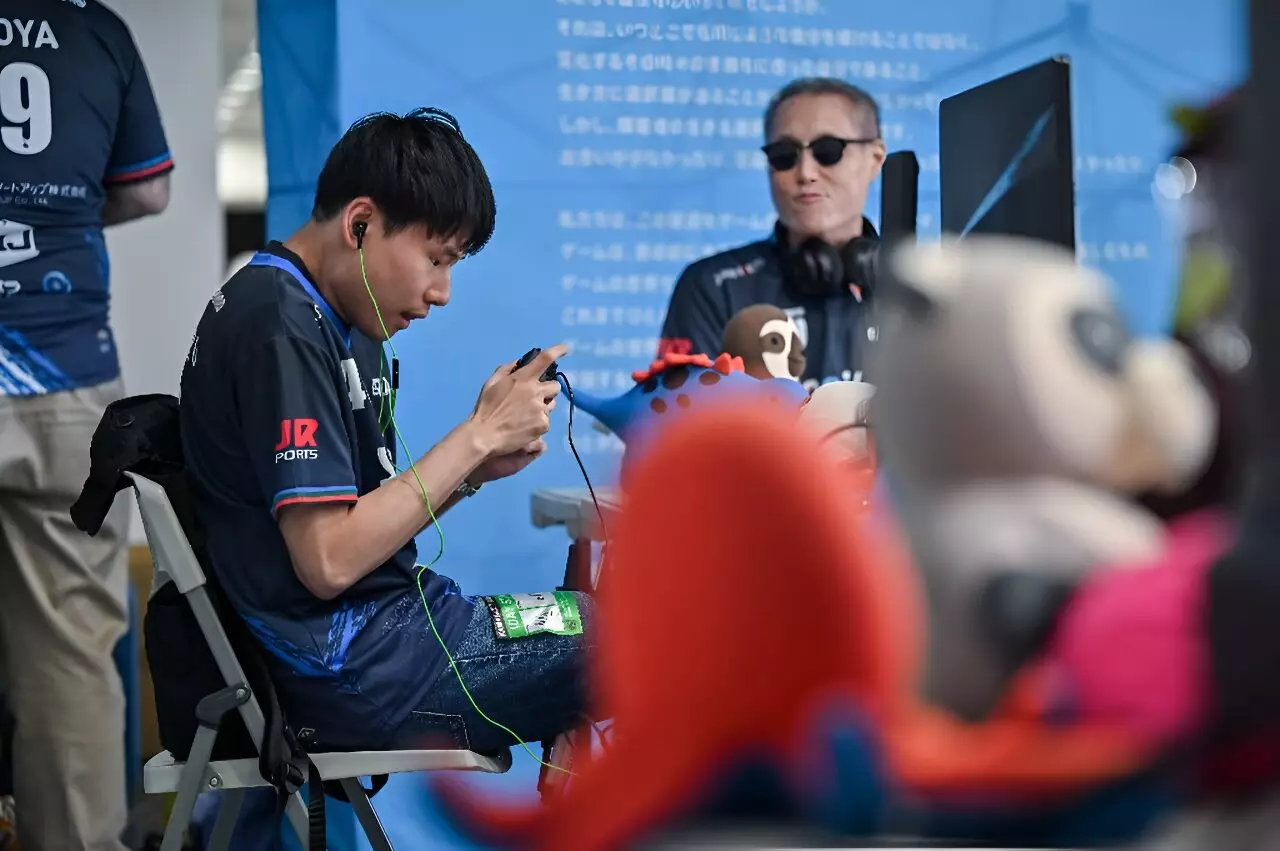Artificial intelligence has the potential to revolutionize the way individuals with disabilities navigate the world around them. Mashiro, a blind eSports gamer from Japan, recently tested the latest version of AI chatbot ChatGPT to help him travel to a stadium for a Para eSports meet-up. His experience highlighted the possibilities of AI technology in creating personalized support for individuals with specific needs.
The development of AI chatbots like ChatGPT and Google’s Gemini opens up a new world of opportunities for people with disabilities. These tools can provide real-time assistance, such as speech-to-text transcription for individuals with hearing loss or formatting resumes for those with learning disabilities. Additionally, apps like Seeing AI, Envision AI, and TapTapSee offer functions like describing images captured by phone cameras, further enhancing accessibility for visually impaired individuals.
While AI technology holds great promise in improving accessibility, there are challenges that need to be addressed. Masahide Ishiki, an expert in disability and digital accessibility, highlighted the difficulty in catching mistakes made by AI chatbots like ChatGPT, which may respond in a natural but inaccurate manner. Furthermore, the limited recognition of specific languages and locations can pose challenges for individuals like Mashiro, making their AI-assisted journeys more challenging.
Despite the current limitations, the potential of AI technology to empower individuals with disabilities is immense. Youngjun Cho, an associate professor in computer science, envisions a future where AI tools can cater to specific needs better than traditional assistive products. By refining real-time visual recognition capabilities and expanding datasets to be more representative of diverse perspectives, AI can enhance independence and promote inclusivity for individuals with disabilities.
As we continue to explore the possibilities of AI technology in improving accessibility for individuals with disabilities, it is essential to address the current limitations and refine the capabilities of these tools. By collaborating with experts in disability and digital accessibility, developers can ensure that AI solutions meet the diverse needs of users like Mashiro, allowing them to navigate the world with greater independence and confidence.


Leave a Reply
You must be logged in to post a comment.